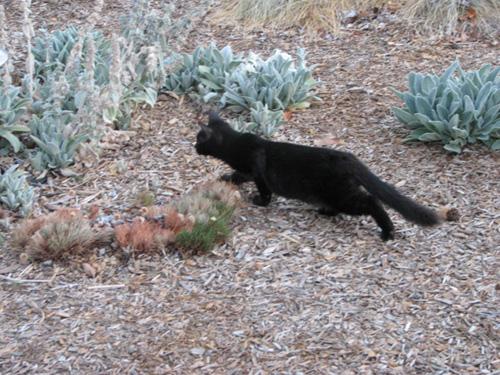“Every dog has its day,” but the Fourth of July isn’t one of
them.
Fireworks light up the sky with a boom — and firecrackers,
noisemakers and such sizzle, sparkle and pop in neighborhoods —
eliciting oohs and aahs from people, and often terrified behavior
from dogs, cats and other pets with a keen sense of hearing.
The sounds associated with Independence Day celebrations can
cause animals to damage themselves, as well as property, said Chick
Warner, veterinarian at Memorial Beach Veterinary Hospital.
“We’ve had dogs that have gone through plate glass windows and
jumped off balconies, so if your dog is reacting to these sounds,
it should be treated (prior to festivities) by a licensed
veterinarian,” he said, noting, an animal exhibiting this type of
behavior is experiencing what would be similar to a panic attack in
a human.
And, their reaction to future incidents seems to get worse with
time, he said.
“They remember the noise and that fear they had,” Warner said.
“It’s a deep psychological thing.”
Desensitization therapy can be effective in training a dog to
not react to a loud stimulus, but can take months or years, Warner
said.
Meanwhile, panicky pets may benefit from sedatives and/or
anti-anxiety drugs prescribed by their veterinarian, said Warner
who treats dogs every Fourth of July.
“Usually if we give them the right combination early enough in
the day, they can be quite comfortable,” he said.
Pets should also be kept at home indoors, in a safe, secure,
escape-proof area during fireworks shows, officials say. In some
cases, dogs can become aggressive or act out of character when they
are anxious, “so it’s best to leave them alone in a quiet room
where they can’t harm themselves or others,” Sonoma Humane Society
Public Relations Director Angie Bonnert said.
Animals that are left outside may not fare well.
“Dogs may dig, climb and do whatever it takes to escape from the
yard, and cats often hide under houses, in garages or wander off
for days, even weeks,” she said.
All the more reason pet identification tags should be
up-to-date, and worn at all times. Microchips can provide an extra
level of protection, she said, noting, microchipping is a simple
procedure and can be performed at a veterinarian’s office, vaccine
clinic or animal shelter for about $20.
Starting the weekend of July 4, the humane society usually sees
an increase in the number of strays, due to people setting off
firecrackers and such, Bonnert said.
67.4
F
Healdsburg
April 18, 2025








